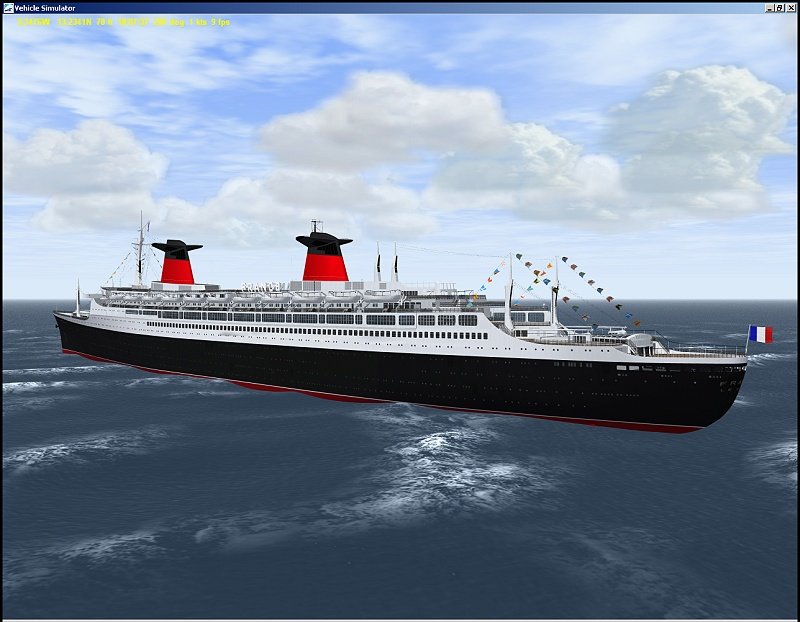

8 Bartolomeu Dias reached the Indian Ocean by this route. Under Henry's direction, a new and much lighter ship was developed, the caravel, which could sail further and faster. The Portuguese began systematically exploring the Atlantic coast of Africa from 1. It also allowed for the expansion of Christianity throughout the world with the spread of missionary activity, becoming the world's largest religion. The Age of Discovery and later European exploration allowed the global mapping of the world, resulting in a new world- view and distant civilizations coming into contact, but also led to the propagation of diseases that decimated populations not previously in contact with Eurasia and Africa, and to the enslavement, exploitation, military conquest, and economic dominance of Europe and its colonies over native populations. This represented one of the most- significant global events concerning ecology, agriculture, and culture in history. European overseas exploration led to the rise of global trade and the European colonial empires, with the contact between the Old World (Europe, Asia and Africa) and the New World (the Americas and Australia) producing the Columbian Exchange a wide transfer of plants, animals, food, human populations (including slaves), communicable diseases and culture between the Eastern and Western. These discoveries led to numerous naval expeditions across the Atlantic, Indian and Pacific oceans, and land expeditions in the Americas, Asia, Africa, and Australia that continued into the late 1. Crown of Castile (Spain), the trans- Atlantic Voyages of Christopher Columbus between 1.

Global exploration started with the Portuguese discoveries of the Atlantic archipelagos of Madeira and the Azores, the coast of Africa, and the discovery of the sea route to India in 1. From the perspective of many non- Europeans, the Age of Discovery marked the arrival of invaders from previously unknown continents. Many lands previously unknown to Europeans were discovered during this period, though most were already inhabited. It also marks the rise of the period of widespread adoption in Europe of colonialism and mercantilism. Europeanhistorical period marking the time period in which extensive overseas exploration emerged as a powerful factor in European culture and the beginning of globalization. The Age of Discovery or the Age of Exploration from the end of the 1.


 0 kommentar(er)
0 kommentar(er)
